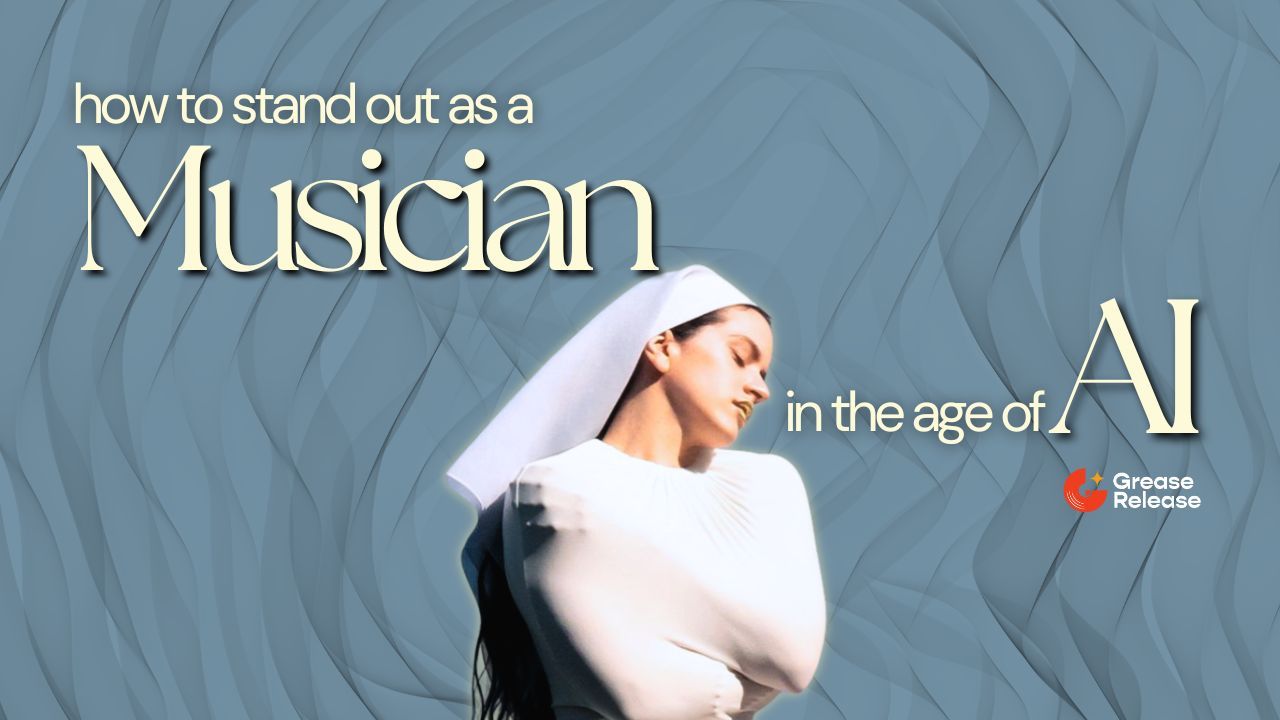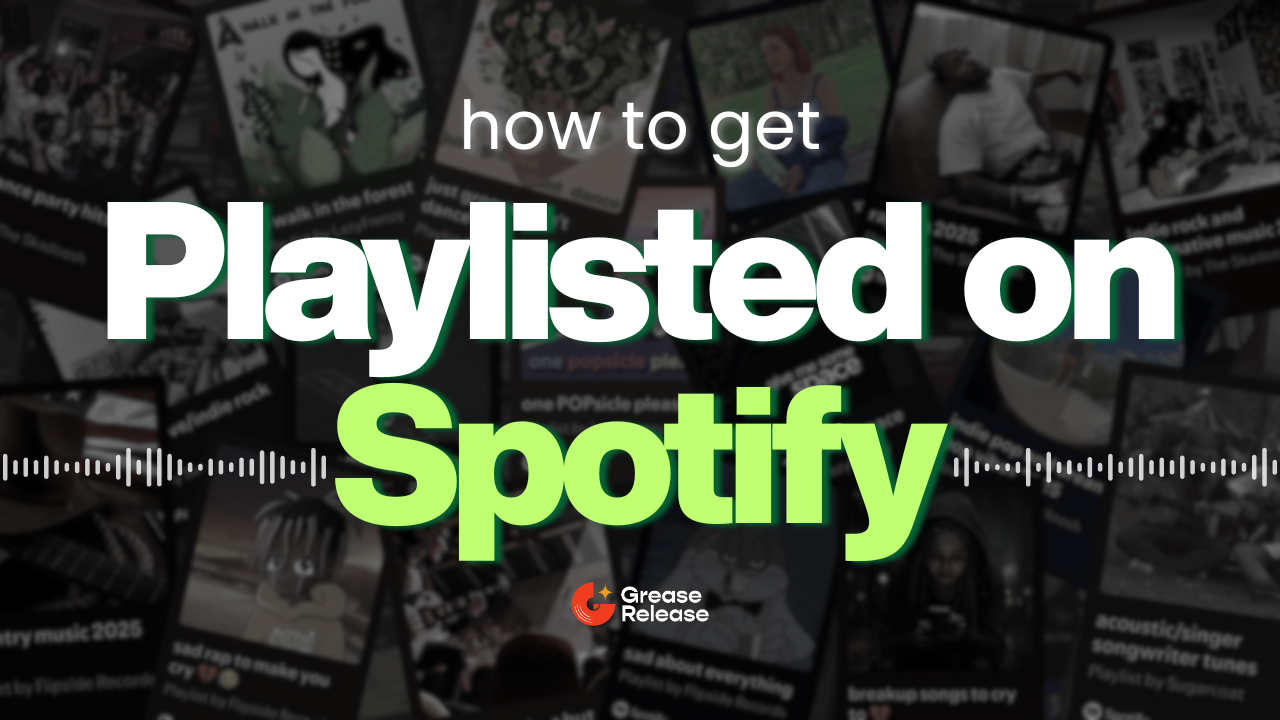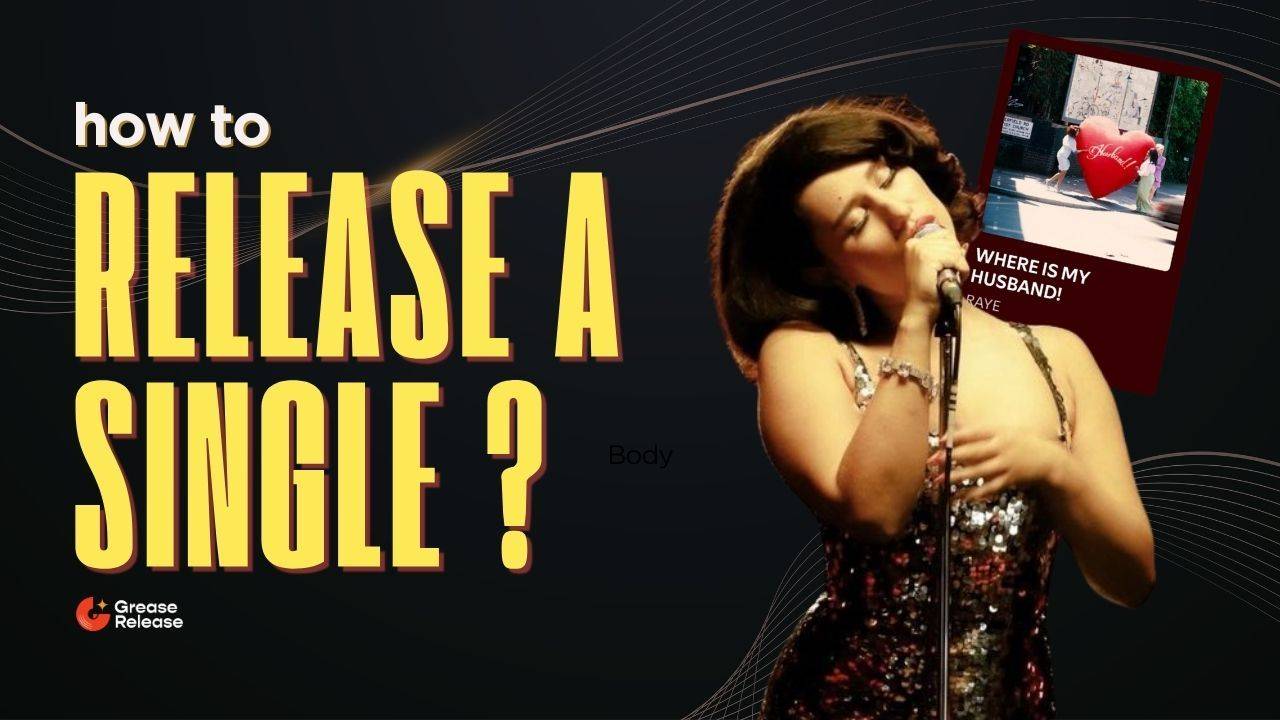
Why is it Important to Own Your Masters?
Aug 20, 2025Taking Control of Your Music: Why Owning Your Masters Matters?
Owning your masters is one of the most powerful moves an artist can make in today’s music industry. Masters are the original recordings of your songs, and whoever controls them holds the rights to how the music is used, distributed, and monetized. From licensing deals and streaming royalties to sync licensing and future earnings, owning your masters means keeping control of both your creative work and its financial potential. For independent musicians, especially, this ownership can be the difference between building long-term wealth and giving away most of your profits.
We’ll be taking a look at the following:
What is a Master Recording?
Master recordings are the original version of a song from which all copies, streams, and reproductions are made. It acts as the source for everything else, whether it is played on Spotify, pressed onto vinyl, or licensed for a movie. Owning the master recordings gives you the legal right to control how your music is used and who profits from it.
Many artists have fought hard to gain ownership of their master recordings. Taylor Swift re-recorded her albums after her original masters were sold without her approval, showing how vital control over these rights can be. Jay Z also made headlines when he regained ownership of his masters after years with his label, securing both financial freedom and creative control. These cases highlight why masters are more than just recordings and why they are a musician’s most valuable asset.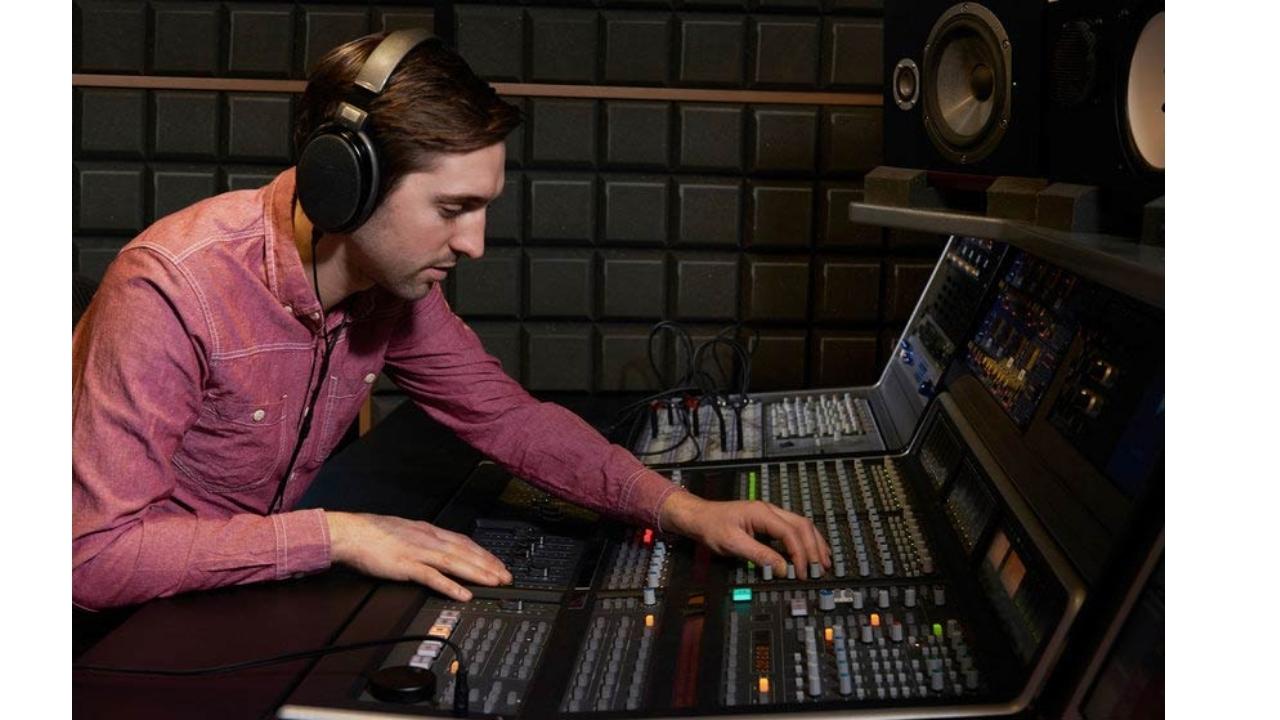
What is the Difference Between Publishing vs. Master Rights?
When it comes to music copyrights, publishing vs master rights are two areas every artist should understand. Publishing rights belong to the songwriter or composer and cover the lyrics and melody of a track. This ensures that whenever the song is performed, streamed, or covered by another artist, the songwriter earns royalties.
Master rights, however, apply to the actual recorded version of the song. Whoever owns the master recording controls how that version is used, whether it is licensed for a film, placed in a commercial, or released on streaming platforms.
For instance, if someone records a cover of Yesterday by The Beatles, the publishing royalties go to the songwriters Lennon and McCartney’s estate, but the new recording’s master rights belong to the artist or label that created it. Understanding the difference between publishing vs master rights is key to protecting your music copyrights and ensuring long-term control over your creative and financial future.
How to Own Your Masters?
Release Music Independently
One of the most direct ways to own your masters is by releasing music without signing to a traditional record label. Using distribution platforms like DistroKid, TuneCore, or CD Baby allows you to put your music on streaming services while keeping 100 percent ownership of your recordings.
Negotiate with Labels
If you decide to work with a record label, ownership of masters is usually part of the deal. Some artists negotiate contracts where they retain full or partial master ownership, or they set time limits after which the rights revert back to them. Having a lawyer or manager to review contracts is crucial.
Re-record Your Music
In cases where your masters are owned by someone else, re-recording is a powerful option. Taylor Swift famously re-recorded her early albums to regain control of her catalog. This strategy lets you create new masters that you own, opening up opportunities for licensing and streaming revenue.
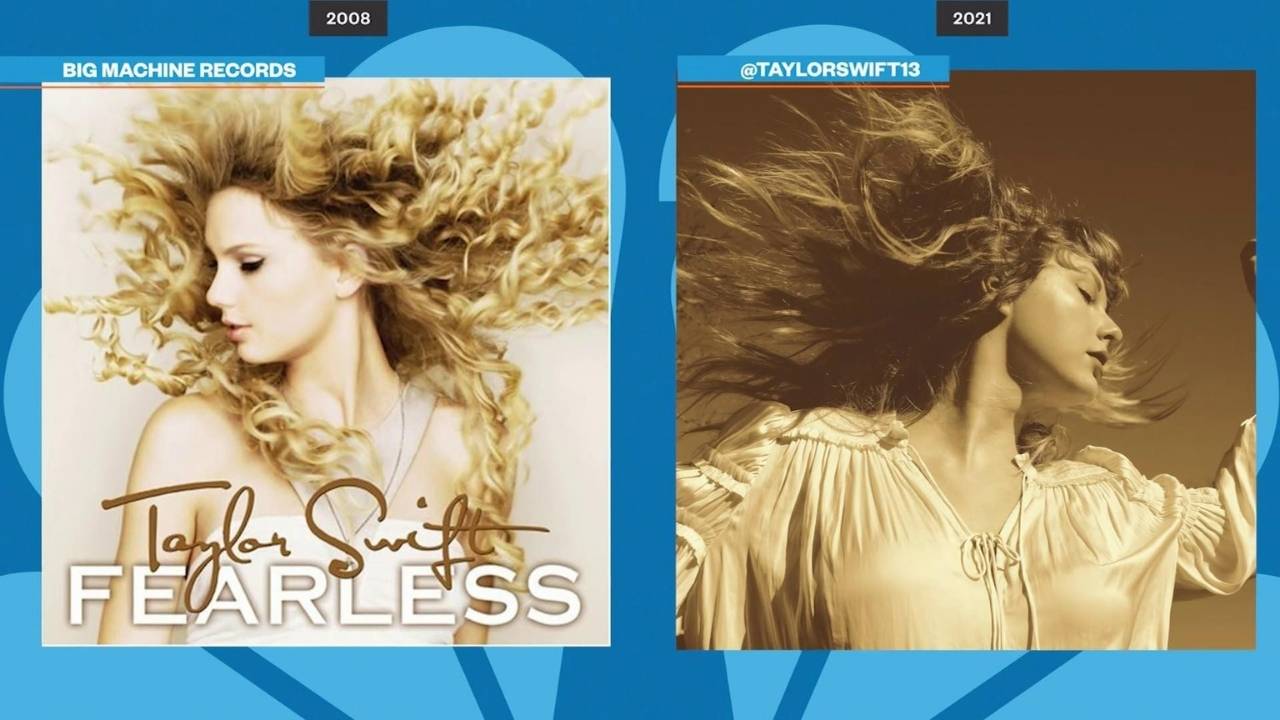
Buy Back Your Masters
Some artists negotiate to buy back their masters from record labels once they have the financial ability. Jay Z, for example, acquired his masters after years of working with his label. Though it can be costly, this approach gives you complete control over your recordings.
Build Leverage Through Success
Labels are more willing to negotiate ownership terms when an artist has proven their market value. Building a strong, independent presence, growing a loyal fan base, and showing consistent success can give you the leverage needed to secure your masters.
Why is it Important to own Masters?
Creative Control
Owning your masters gives you the power to decide how your music is used. You can approve or deny licenses for films, commercials, and collaborations, ensuring your work is always represented in a way that matches your vision.
Financial Benefits
When you own your masters, the majority of revenue from streaming, licensing, and sales goes directly to you instead of a record label. This creates long-term wealth opportunities and builds a sustainable income stream from your catalog.
Long-Term Value
Master recordings continue to generate income long after their release. Classic albums still bring in significant revenue decades later. By owning your masters, you secure royalties not only for yourself but also for your estate and future generations.
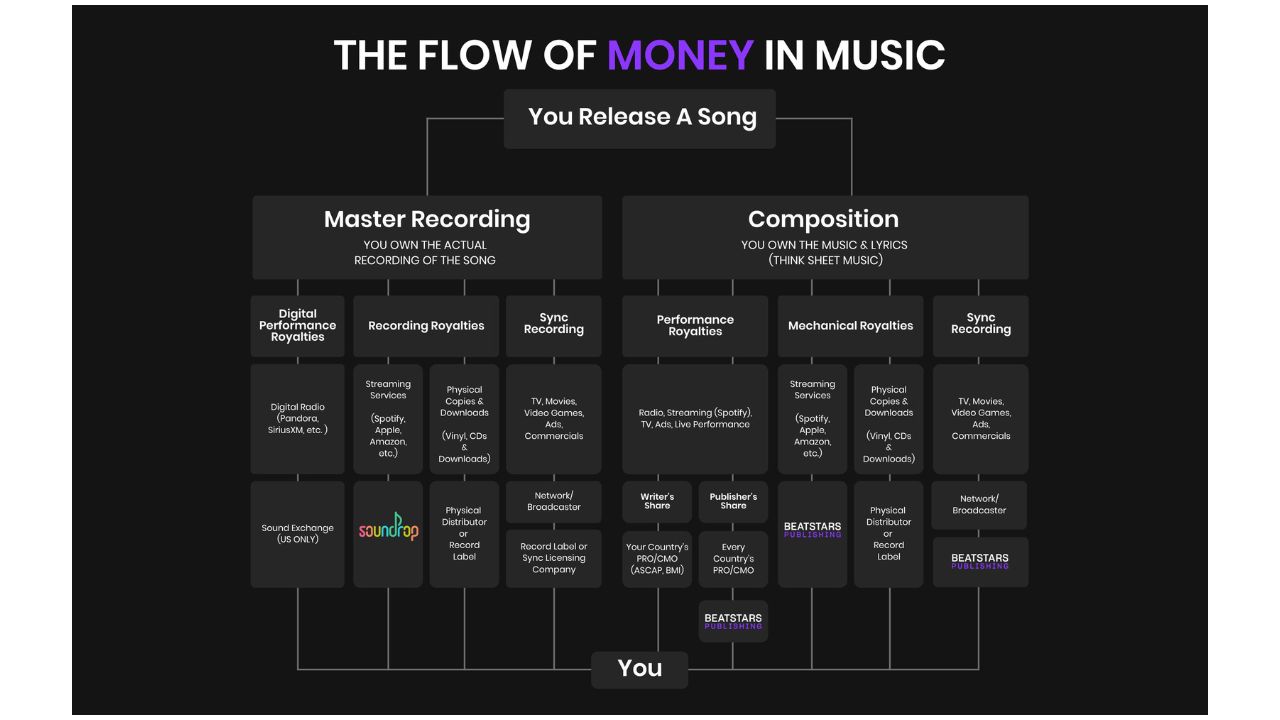
Artist Independence
Control over masters reduces dependency on labels and external gatekeepers. Independent ownership means you set the terms of your career and decide how and when your music is shared with the world.
Protection of Legacy
Your masters represent your original art. By owning them, you safeguard your legacy, ensuring your music remains authentic and that its value is preserved exactly as you intended.
Final Thoughts
Owning your masters is about more than just money, it is about protecting your art, your independence, and your future. The music industry has countless stories of artists who lost control of their recordings and missed out on the long term value they created. By understanding the difference between publishing and master rights, negotiating smarter deals, and exploring independent release options, you can take steps toward securing true ownership. Masters are not just recordings, they are your legacy, and keeping them in your hands ensures your music continues to work for you for years to come.
We at GreaseRelease, have a bunch of curators on our network who are looking for new & exciting music to push on their massive playlists. If you make music and want to reach a wider audience, check out our submission platform and get a chance to reach millions of listeners! Submit your tracks now!
Don't miss my newsletter!
Join me on a music entrepreneurship journey with new tips and tricks delivered straight to your inbox.
We hate SPAM. We will never sell your information, for any reason.

